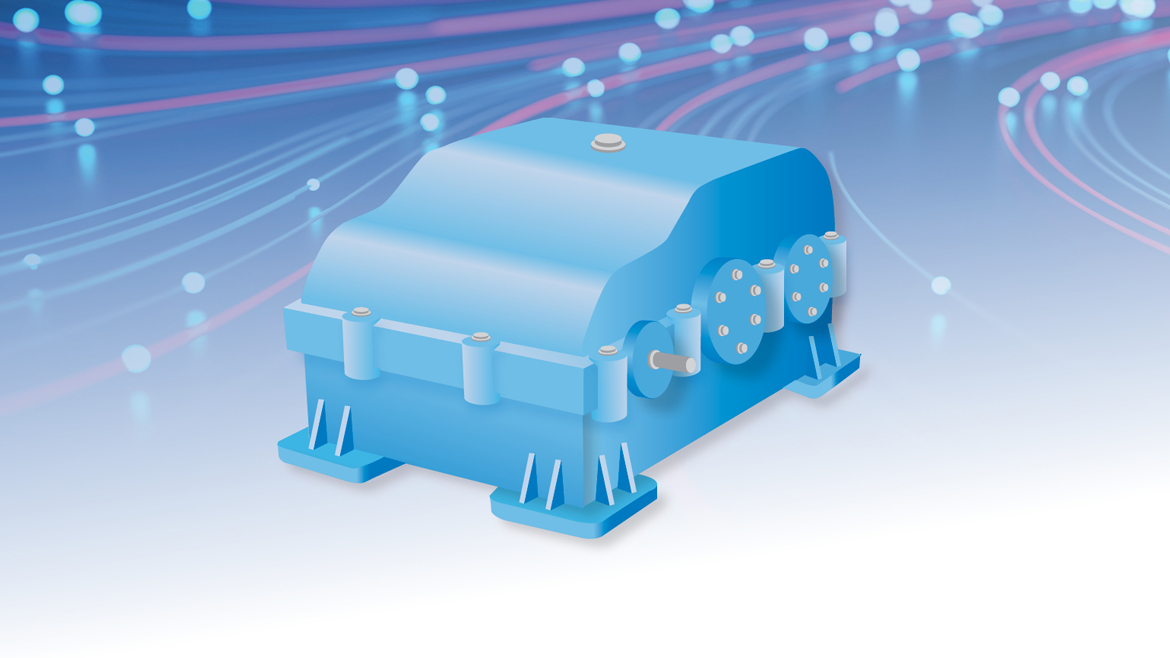Mobile:+86-311-808-126-83
Email:info@ydcastings.com
exhaust fan impeller
The Importance of Exhaust Fan Impellers Enhancing Airflow Efficiency
In today’s world, efficient ventilation systems play a crucial role in maintaining indoor air quality and ensuring comfortable living and working environments. Among the various components of ventilation systems, the exhaust fan impeller is a key player. This article will explore the significance of exhaust fan impellers, their functionality, types, and factors to consider when choosing the right one for your needs.
Understanding Exhaust Fan Impellers
An exhaust fan impeller is a rotating component that drives airflow through the fan. It is designed to facilitate the expulsion of stale air, odors, humidity, and harmful pollutants from enclosed spaces. By creating a pressure differential, the impeller draws in air from the surroundings, accelerates it, and pushes it out, thereby ensuring that fresh air enters the area.
The Functionality of Impellers
The primary function of an exhaust fan impeller is to move air effectively. As the impeller rotates, it converts rotational energy into kinetic energy, propelling air through the exhaust system. The design and geometry of the impeller significantly influence the fan's performance, including its airflow rate, pressure, and efficiency.
The efficiency of an impeller is not only determined by its shape and size but also by the material used in its construction. Common materials include plastic, aluminum, and steel. Each material has its advantages; for instance, plastic impellers are lightweight and corrosion-resistant, while metal impellers tend to offer durability and strength.
Types of Exhaust Fan Impellers
There are primarily two types of exhaust fan impellers centrifugal and axial.
1. Centrifugal Impellers These impellers rotate around a central hub, forcing air outward in a radial direction. They are characterized by their ability to generate high pressure and are commonly used in applications requiring significant airflow, such as industrial settings and large commercial spaces.
2. Axial Impellers In contrast, axial impellers move air along the axis of the fan, pulling air in and pushing it out in a straight line. This design is ideal for low-pressure applications, such as residential ventilation systems and bathroom exhaust fans. Axial impellers are generally quieter and more efficient for short-distance air movement.
exhaust fan impeller

Each type has its specific application, and understanding the differences can aid in selecting the appropriate impeller for your ventilation needs.
Factors to Consider When Choosing an Exhaust Fan Impeller
When selecting an exhaust fan impeller, several factors should be taken into account
1. Airflow Requirements Determine the volume of air that needs to be expelled from the space. This is often measured in cubic feet per minute (CFM). Proper sizing of the impeller ensures that it can handle the required airflow without excessive strain.
2. Static Pressure Consider the resistance faced by the airflow, such as duct lengths, bends, and filters. High static pressure may necessitate a centrifugal impeller for efficient air movement.
3. Noise Levels If noise is a concern, particularly in residential settings, choose an impeller design known for quieter operation, such as axial impellers. The material and construction can also impact noise levels.
4. Durability and Maintenance Depending on the environment where the exhaust fan operates, selecting materials that offer resistance to corrosion, dust, and other contaminants can extend the life of the impeller. Additionally, consider ease of maintenance; removable and cleanable impellers can save time and effort.
5. Energy Efficiency With rising energy costs and an emphasis on sustainability, it’s vital to choose an impeller that maximizes airflow while minimizing energy consumption. Look for options rated for high efficiency to reduce operational costs.
Conclusion
Exhaust fan impellers are integral components of efficient ventilation systems, influencing performance, efficiency, and air quality. Understanding the different types of impellers and the factors that affect their selection can help users make informed choices for their specific applications. Investing in the right exhaust fan impeller not only enhances airflow efficiency but also contributes to a healthier indoor environment, underscoring the importance of this often-overlooked component in modern ventilation systems.
-
Understanding Metal Casting TechniquesNewsApr.02,2025
-
Understanding Exhaust Manifolds for Enhanced Engine PerformanceNewsApr.02,2025
-
The World of Metal FabricationNewsApr.02,2025
-
Key Components for Pump and Turbo EfficiencyNewsApr.02,2025
-
Essential Tools for Automotive Maintenance and RepairNewsApr.02,2025
-
Durable Valve Components for Effective Water ManagementNewsApr.02,2025











